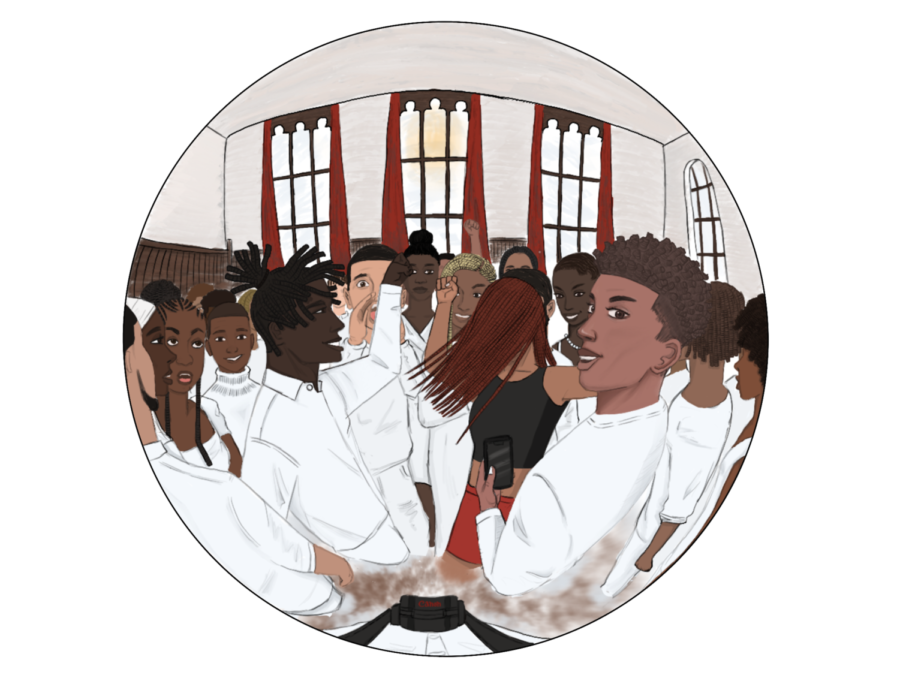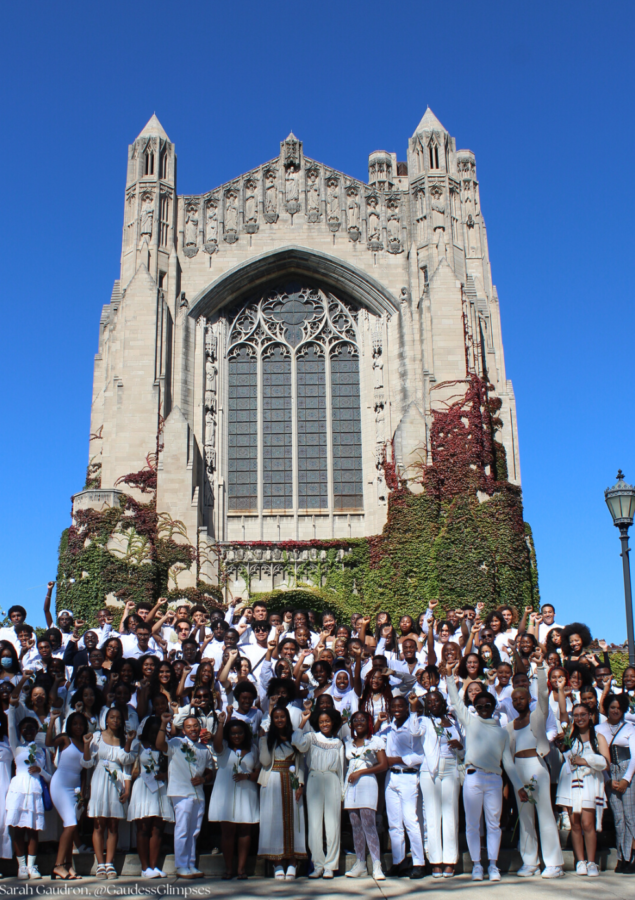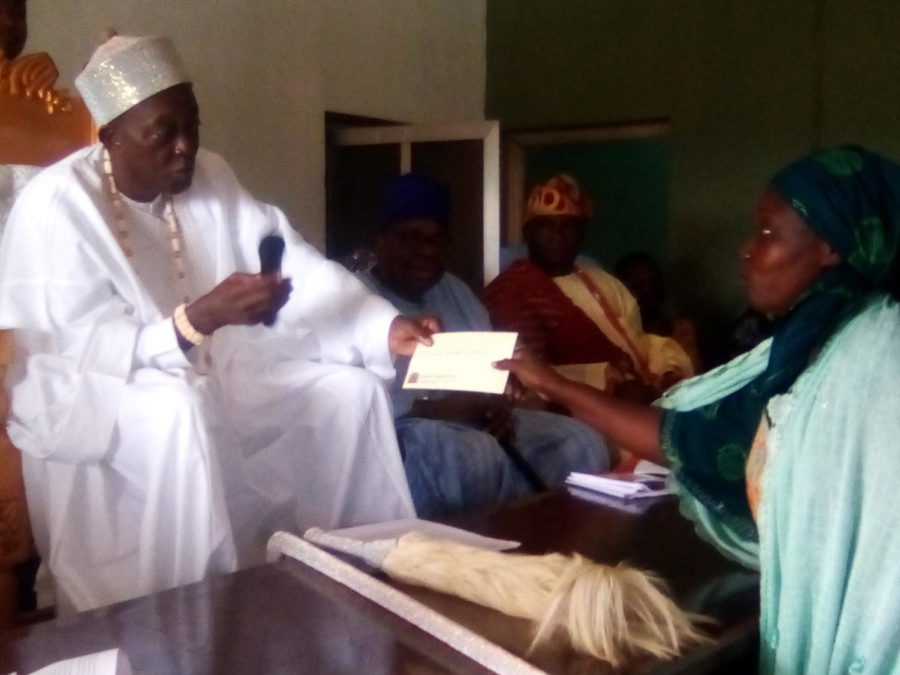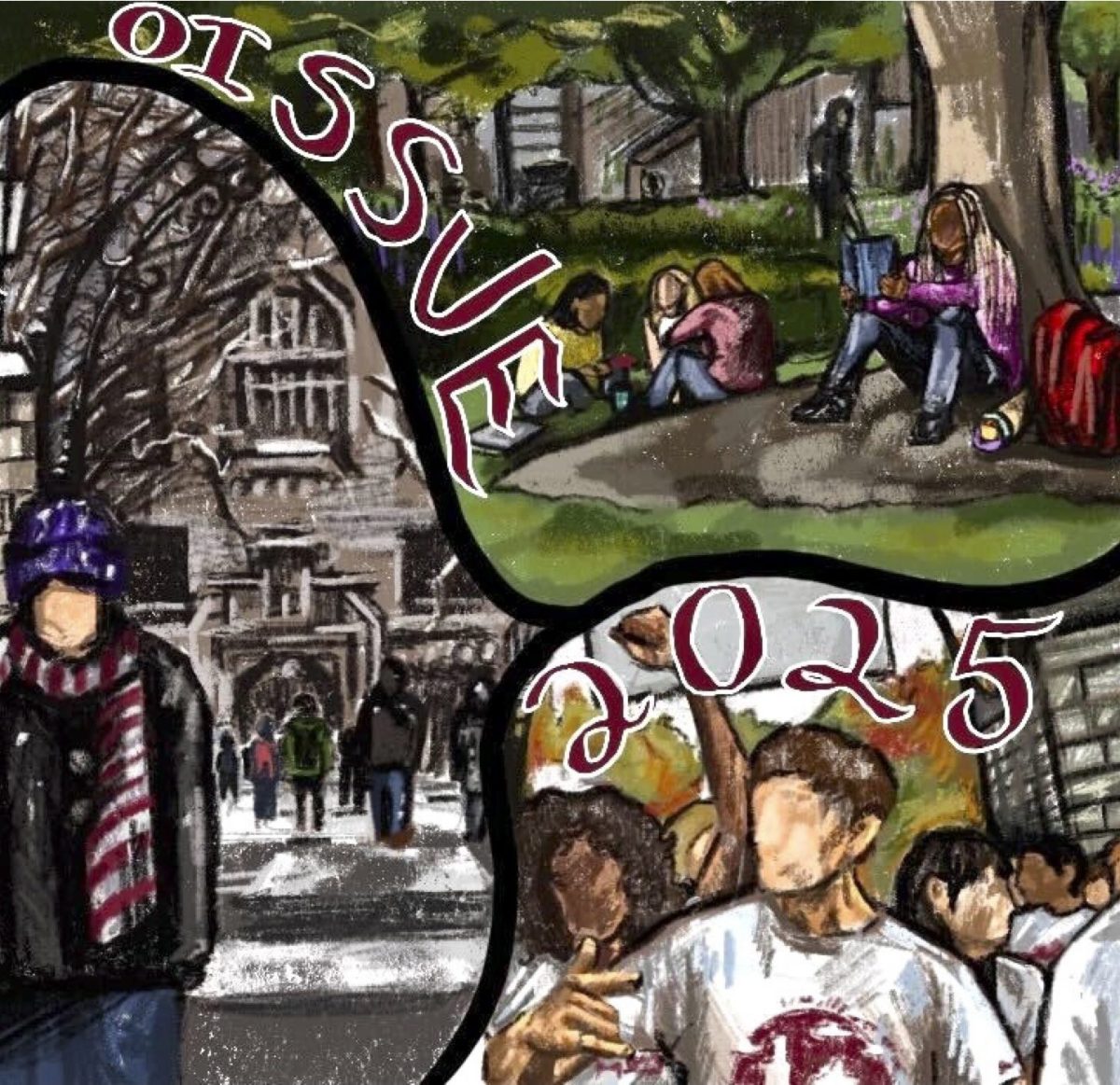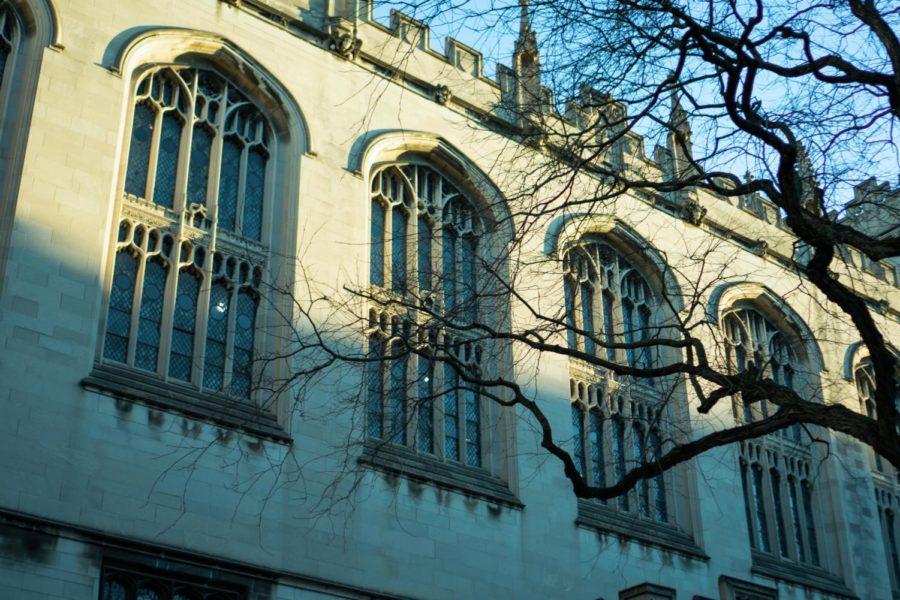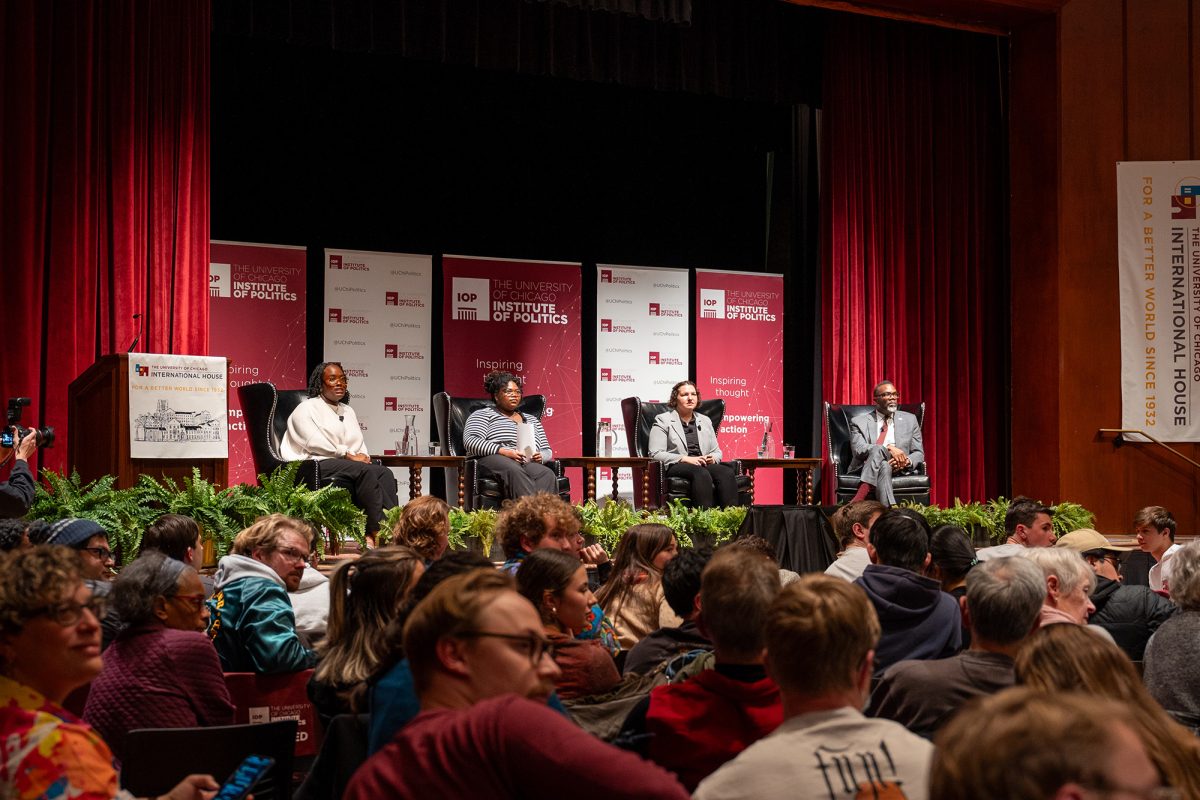Intergenerational communities have been formed in Sudan’s أَحواش (ahwash) for centuries as brothers and sisters, nieces and nephews, and cousins with questionable degrees of relation run under and around the feet of their elders. The children raised in this environment, regardless of how related (or unrelated) they may be, have an inexplicable bond. They consider themselves to be siblings by virtue of simply being raised in the same yard. They grow up to be present in each other’s lives despite the physical distances formed by being part of the diaspora, present to support each other through every hardship and celebrate every milestone. However, this practice of creating family through proximity is not unique to Sudan by any means: it exists in Nigeria’s compounds, Jamaica’s yaads, Somalia’s aqals, Eriteria’s gezanas, and so on. It has existed here at the University of Chicago in the African and Caribbean Student Association (ACSA) for the past two decades.
Established in 2004, ACSA has celebrated the growing diaspora community here at the University of Chicago by providing a place for students to find home even in the midst of unfamiliar territory. Over the years, the organization has grown to include annual programming such as Black Convocation, hosted in tandem with the Organization of Black Students, and the Culture Show, a showcase of the diaspora in all its beauty. They also provide student support through career workshops, study breaks, and mentorship programming.
Core to ACSA’s mission is the desire to bridge the gaps between student experiences. Adaora Ekonwu, A.B. ’20,one of ACSA’s co-presidents from 2018 to 2019, noted that during her term “We set out to build a brand and to be known on campus as an organization where people from all different backgrounds could come and fellowship together, and I think that we really accomplished that. UChicago was a place that could really make you feel like you didn’t belong, whether that be in the classroom or just physically taking up space on campus, and I think we created an ACSA that helped students of African and Caribbean backgrounds feel empowered to take up space.”
This sense of belonging that Ekonwu references is the crux of ACSA’s magic, which makes it possible for a student, years down the line, to find mentors, connections, and even answers to a story for the Maroon. It also influences graduates, like Ed Chung, A.B. ’20, to create homes for themselves even in the next chapters of their lives. Chung became the president of the Caribbean Law Student Association at Harvard Law School based on his experience with ACSA. He said, “ACSA was really like a home for me. When I first joined there were no Caribbean members and it was mostly African, so I made sure to recruit Caribbeans to diversify the board… It was an overall positive experience for me and kept me grounded at a time when UChciago was not diverse at all.” Chung makes a great case. In the past five years, the Black community at the University of Chicago has experienced exponential growth and ACSA has only grown in light of the incoming diverse backgrounds. There are students from all corners of Africa and the Caribbean, and the Culture Show has reflected that cultural diversity as the performers represent their tribes, their islands, and their countries.
The history of ACSA is rich in its representation of the African and Caribbean student body of the University of Chicago. The students that walk these halls are imaginative and innovative in the ways in which they choose to claim space. We look forward to a future where we no longer have to claim, fight, or demand for space with the institution of the Black House, but in the process of attaining that future many different students will walk these halls. We are here for a fraction of our lives, no matter the life-long impact this university will have on us. For every student that experiences the community of ACSA during their time here, ACSA will in turn be changed and shaped by them.
So where does the future of ACSA lie? Current co-president and third-year Ade Osadolor thinks, “For me it’s all about finding more inclusivity and representation in the community. I would love for more people to be interested in ACSA and ACSA’s mission as well as being able to uplift our community whether that is in any social, academic, or professional endeavors. I want to be able to build an even stronger financial foundation for ACSA so we are able to invest more in the community and part of that is the advancement of the Black Community Center campaign.” ACSA’s future is bright, as bright as those of its members, and I am looking forward to the next few decades of this organization that will only continue to grow.


